One of the biggest Fallout modding projects in years is about to release, and if it goes wrong it could 'kill the Fallout modding scene'
Fallout: London is reaching the end of the line. Mind the gap.
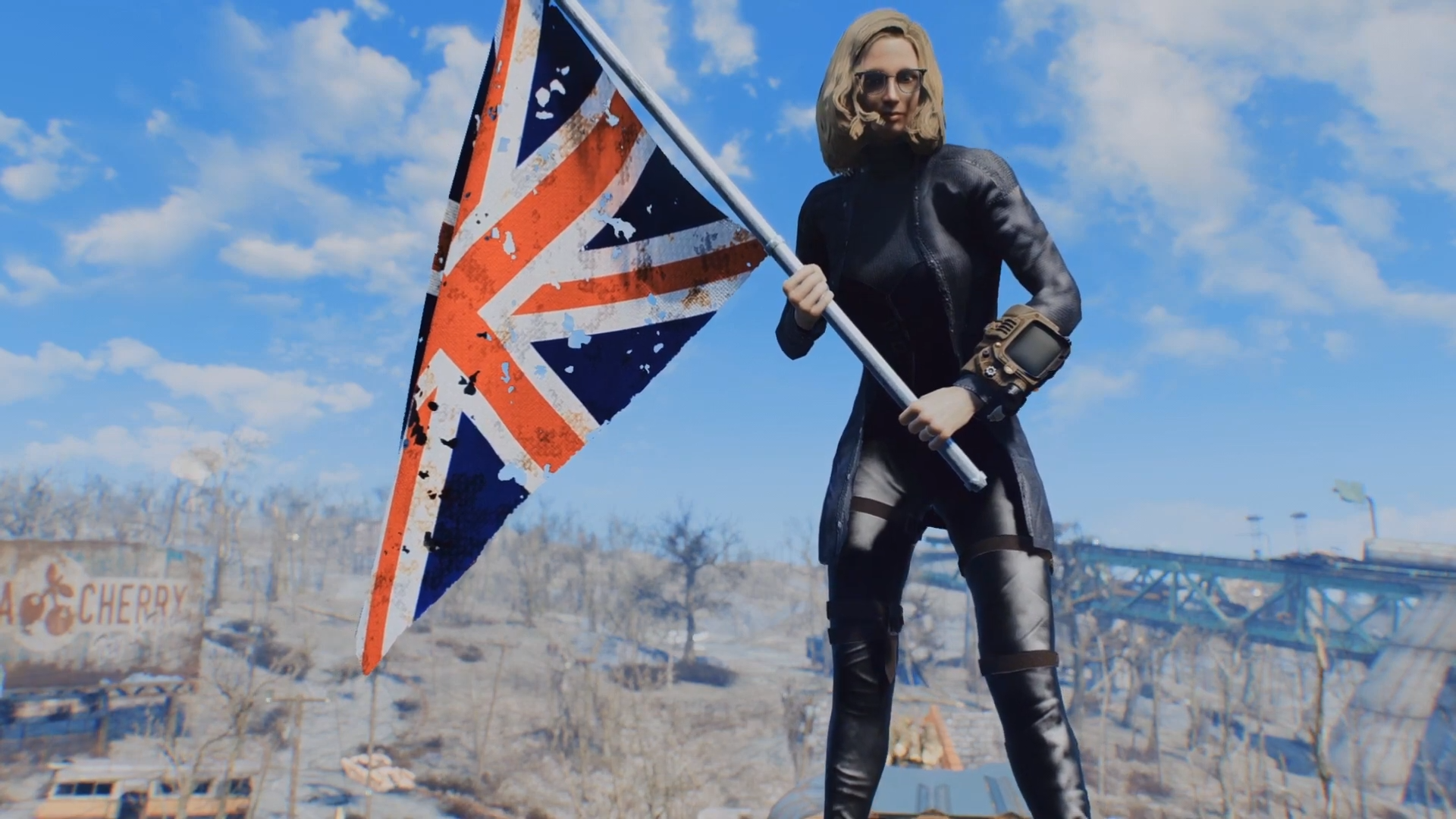
Five years in, and Fallout: London is about ready to drop a bombshell. One of the most ambitious projects in the Fallout modding scene, FOLON (as it's known) is a "DLC-sized" attempt to transplant Fallout's familiar post-apocalypse from American shores to the bustling boroughs of London, complete with ghoul-ified bobbies and King's guards.
We called it the true best announcement of E3 all the way back in 2021, and now its cockney armageddon is so close you can taste the ashes. Its release is scheduled for April 23, after the team's Starfield-induced delay late last year. So, as I'm wont to do, I decided to knock on their door to see what working on the project has been like, and how they were feeling now that a half-decade of their life's work was about ready to bear fruit.
The answer? Nervous, excited, tired, energised. Like any development team on the cusp of releasing their baby out into the world, the FOLON team are stressed and apprehensive about just how fans will take to the project once it's freely available. But the team has an extra weight on its shoulders: If things go badly, this could end up killing the Fallout modding scene for good.
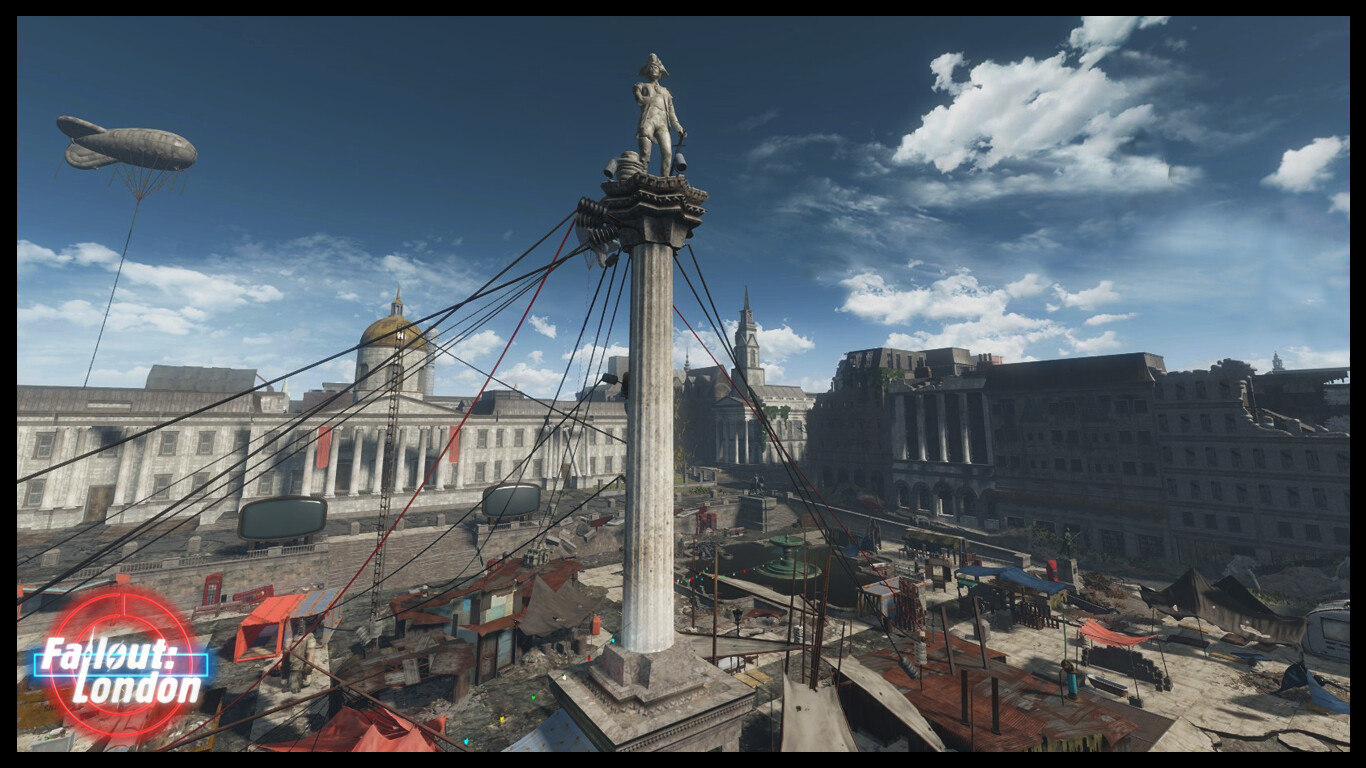
Mods and rockers
Of all the things that make Fallout: London what it is, nothing surprises or impresses me more than its birthday. Anyone used to following modding projects of significant scope is used to lifespans measured in the decades: Tamriel Rebuilt recently celebrated its 23rd birthday, Skywind began 12 years ago, and it took Crowbar Collective 15 years to finish developing Black Mesa's Xen.
But FOLON has turned itself around in about five years—not bad for a modern game dev project and downright miraculous for a volunteer-made mod. Even more staggering, it managed it despite a complete reset partway through.
"It's not at all what it was originally," says Jordan "C3Delight" Albon, FOLON's lead 3D artist, "from management [to] technical, everything has been completely overhauled" since FOLON first got its start as Fallout: The Wall back in 2019.
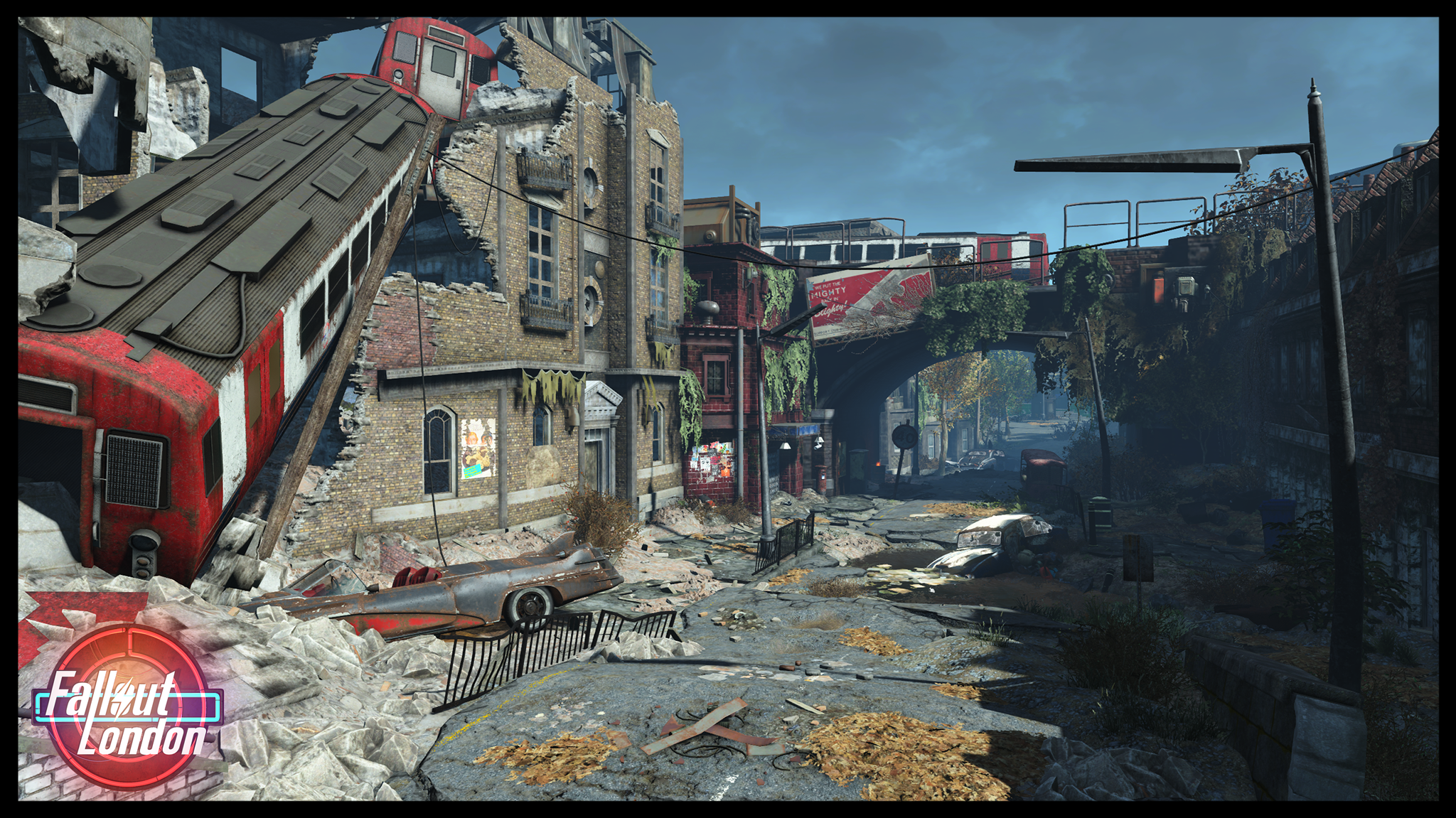
Dean "Prilladog" Carter, FOLON's project lead, describes The Wall's previous approach like this: "It's someone who's a bit of an ideas guy: 'We're going to do this, this and this, I have no technical skill set, we're just going to plop things down from all the DLCs and try and make it look somewhat like London."
Keep up to date with the most important stories and the best deals, as picked by the PC Gamer team.
Unsurprisingly, that iteration of the project didn't last too long. Fallout: The Wall's lead "vanished off into the ether," according to Carter, some time in early 2020, leaving a vacuum of leadership he eventually stepped into. "We were just like, right, we need to start over. You can't work from that foundation."
Things began again, with Carter stepping in as project lead. In a perverse sense, the project had the good fortune to run smack-bang into the onset of the Covid-19 pandemic just as this leadership transition got underway. Fallout: The Wall had a new direction, a new vision, and eventually a new name, but now it also had a team of locked down devs with nothing better to do than sit and make mods all day.
"What do you do when you're stuck inside, other than play games? Well, let's make one."
Jordan "C3Delight" Albon
"Terrible time, everyone was hating it, but the project thrived," says Albon. "What do you do when you're stuck inside, other than play games? Well, let's make one… that was probably the biggest kind of saving grace for the project."
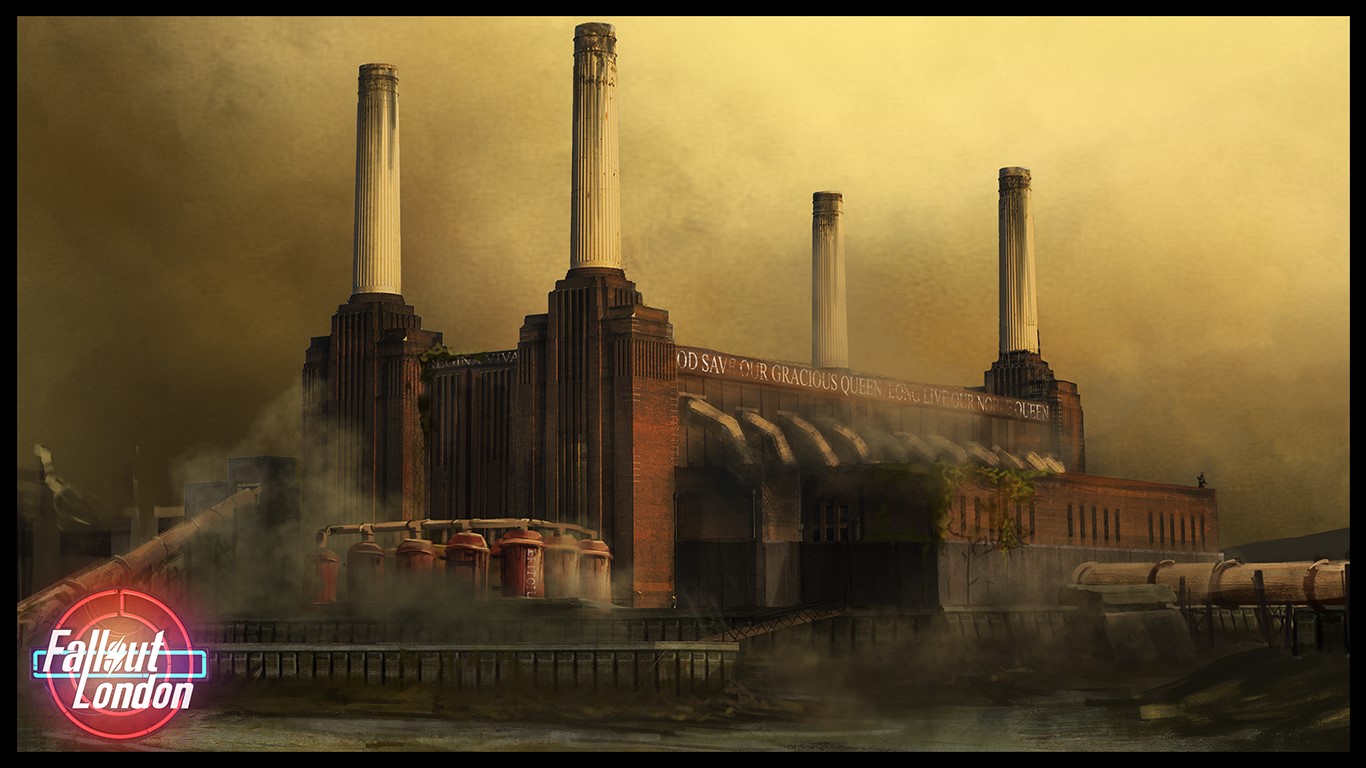
For FOLON's leadership, the team's response to lockdown is what sets it apart from other projects. "At the start of lockdown I got trapped in Morocco," says Carter, "I can sit there with a camel in one hand and then Discord in the other. Like, you just need to do these sacrifices to get stuff done. And I feel a lot of the community don't sacrifice or maybe don't work as hard to try and achieve something." A controversial statement, but it's hard to overstate FOLON's indefatigability.
Fetch the engine
On top of the disappearance of its original leadership and the overnight transformation of the entire planet, Fallout: London had other problems to contend with over the course of its development.
Plenty of those troubles were technical, as you might expect from an engine as notoriously idiosyncratic as Bethesda's: Three weeks of testing to create a train that was an actual train, and not an NPC wearing a train hat; Carter's attempts to replicate the cherubic lampposts of Trafalgar Square that ended up producing a series of writhing cast-iron babies (tragically, these have been cut from the final release); or simply unravelling the spaghetti code that underpinned the mod's first iteration before it changed leadership.
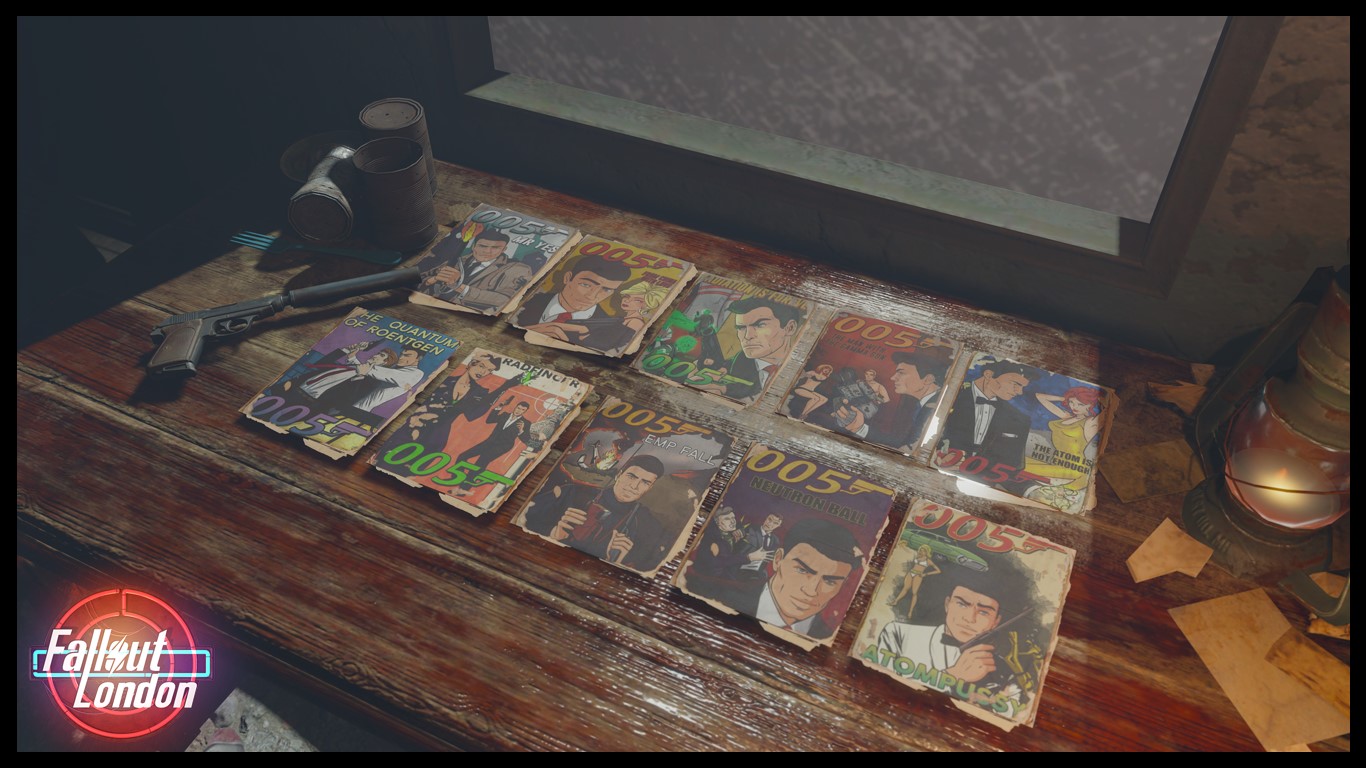
In particular, events surrounding a toolkit called the Extended Dialogue Framework (XDI)—a bit of tech that lets Fallout 4 modders give the player more than four responses in dialogue—evoked a kind of shared trauma response among the team.
"I don't think any of us were prepared for… I think that was like three months of time that we didn't account for," says Callum "CallumJQuick" Quick, FOLON's lead writer
Carter cuts in, laughing: "It was because you wanted to use a fancy system that didn't work!"
The fancy system that didn't work was the XDI: Although it worked flawlessly in gameplay, letting playtesters choose from a whole suite of options in a New Vegas-style dialogue box rather than Fallout 4's default wheel, it played havoc when it came time to export dialogue into a readable text format so voice actors could read their lines.
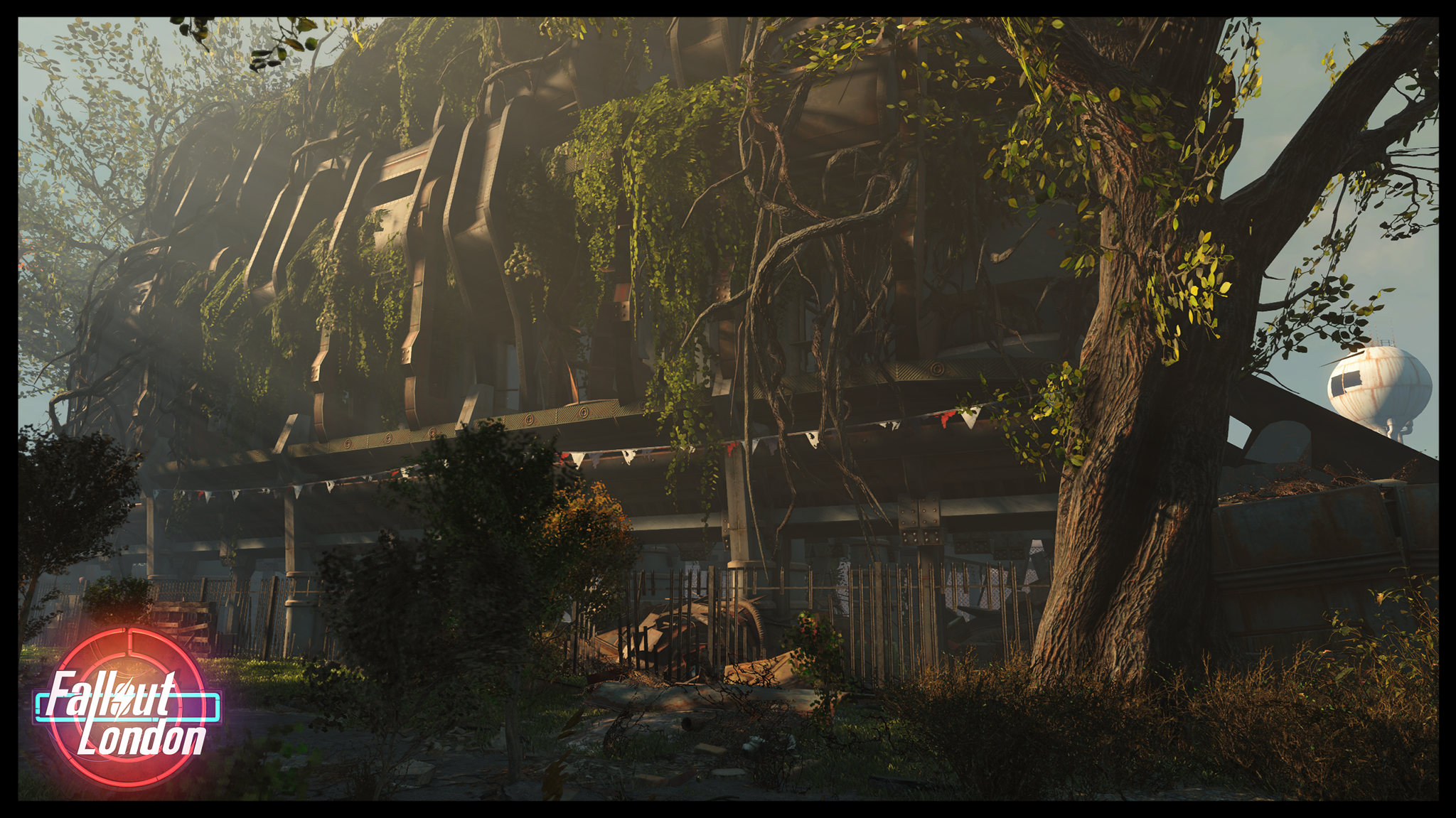
"In the export sheet, there's a before and after column for lines. So the voice actor knows what was said before and after," says Quick. "That was all wrong, so someone had to go in and manually do that." That meant checking and rearranging over 90,000 lines that needed to be recorded.
Building settlements
But it wasn't really the technical issues that risked hobbling FOLON. It was people. Navigating a global team of volunteers, all highly creative people with their own ideas and visions for what the project should be, was a trickier needle to thread than laboriously poring over dialogue exports and version control software.
"The [problem] that's more real, and I think it's more fundamental, is actually working with so many different people," says Albon.
The whole team agreed with that statement. "Creative people have creative ideas," says Carter "and unfortunately they're not all gonna get in."
But it wasn't just the intra-team dynamics that could have blown everything apart if they got mishandled; the Fallout modding community is a tough thing to navigate, too.
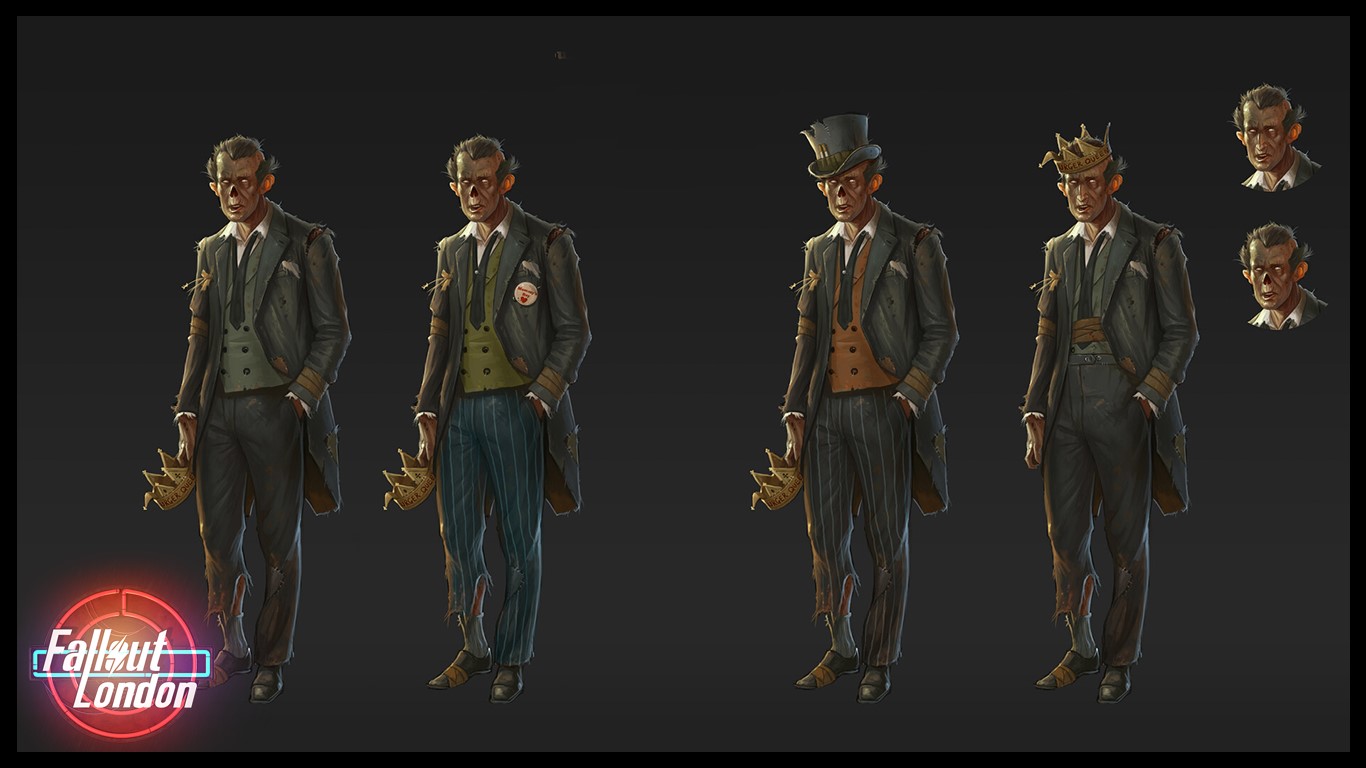
"The Skyrim modding scene is very close-knit," says Carter, "They like talking to each other, they will share ideas to all create great projects." The same can't be said for Fallout. "The Fallout modding scene is a lot more toxic for reasons I'm not really sure on why… when people do come across things, they want to hold onto that knowledge and not share it out."
Combine that with a dearth of documentation for the Creation Kit—Albon laments that Bethesda's documentation for its tools is essentially nonexistent, making weeks of experimentation necessary whenever you want to try something new—and Fallout modding projects can feel like groping in the dark for years on end.
"The Fallout modding scene is a lot more toxic [than Skyrim's] for reasons I'm not really sure on why."
Dean "Prilladog" Carter
"So then you don't have this documentation at all," says Carter, "even from the community, because it's like, well, 'We're not going to share our toys' and vice versa."
Although Fallout modders guard their secrets jealously, FOLON feels like it's carrying the whole scene on its shoulders. When I asked how Carter, Albon, and Quick were feeling now that release was closing in, they all agreed they were stressed, but not just from a desire to put out a good game after years of work.
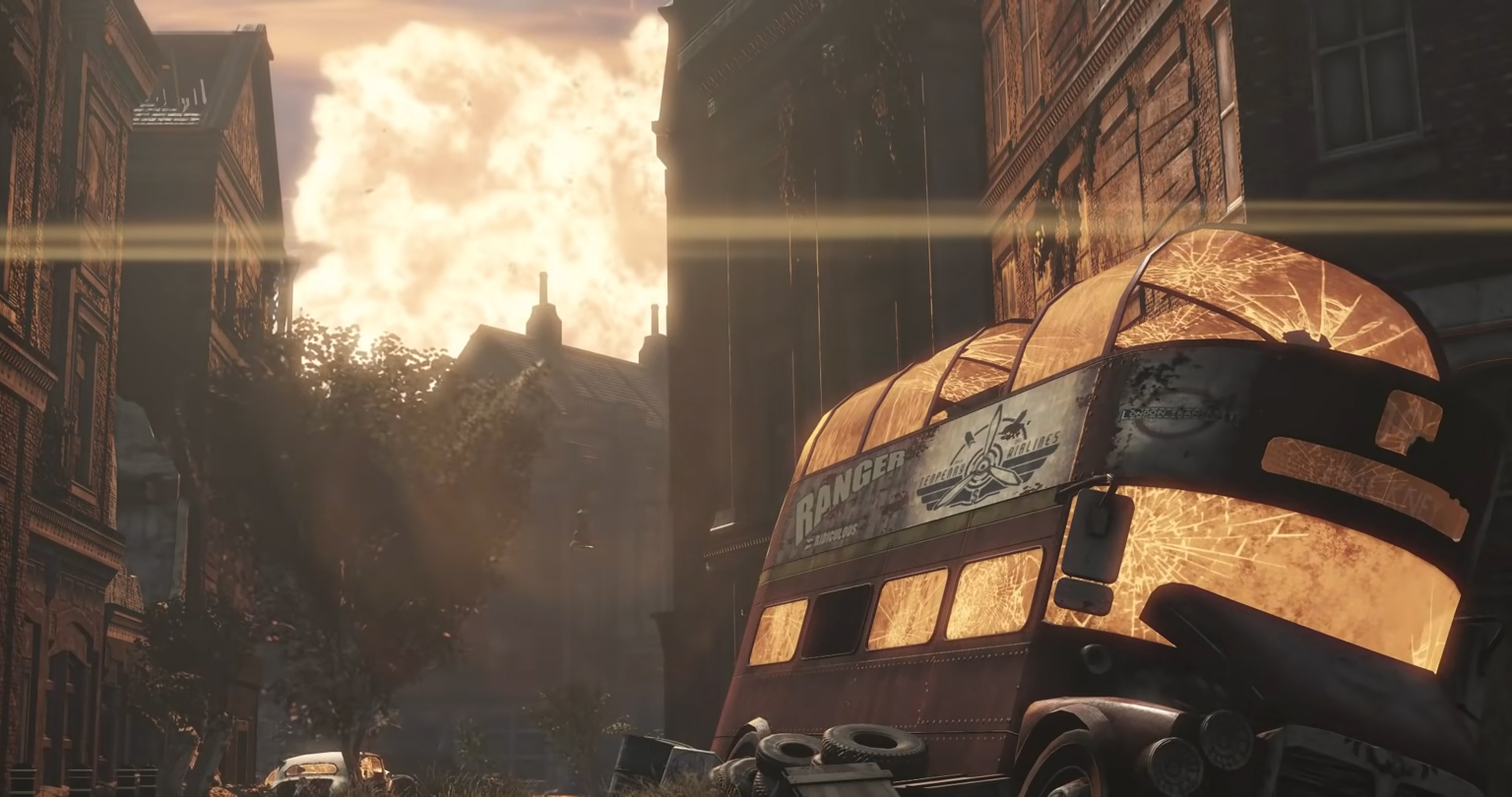
"We've all seen how projects, when they release and they go badly, can be received," says Carter, likely referring to Fallout: The Frontier, a comparable and much-hyped project that messily crashed to Earth not long after release in 2021.
"There is a lot of stress that has been put on our shoulders to make sure that ours goes well," continues Carter, "because it has been stated more than once that ours could potentially kill the Fallout modding scene.
"If we are like the second one that comes out and it's badly received, and people are just going to lose all faith in the Fallout [modding] scene, it will kill it."
Bombs away
That might sound like a project lead hyping up the significance of the thing he's dedicated the last several years of his life to, but it's not a baseless claim. Fallout: London has the weight of the post-apocalyptic world on its shoulders. On the one hand, it's billed as a "true" Fallout 5 by some fans: "The closest thing to Fallout 5 we get to see in probably more than a decade," says a popular Reddit thread. "Essentially Fallout 5," says another.
"I'm gonna continue working up until release. I'm just gonna keep going and just not pay attention to anything."
Callum "CallumJQuick" Quick
For other fans, the taste of Fallout: The Frontier still lingers. "I'm hyped, and it looks amazing, but remember Fallout: The Frontier," cautions one fan. "The Frontier is quite concerning for the future of Fallout mods in general," says another, "No big project will ever be completely clean, and if dirt is dug every time a new mod comes out, the mod community will revert to making smaller, one person mods."
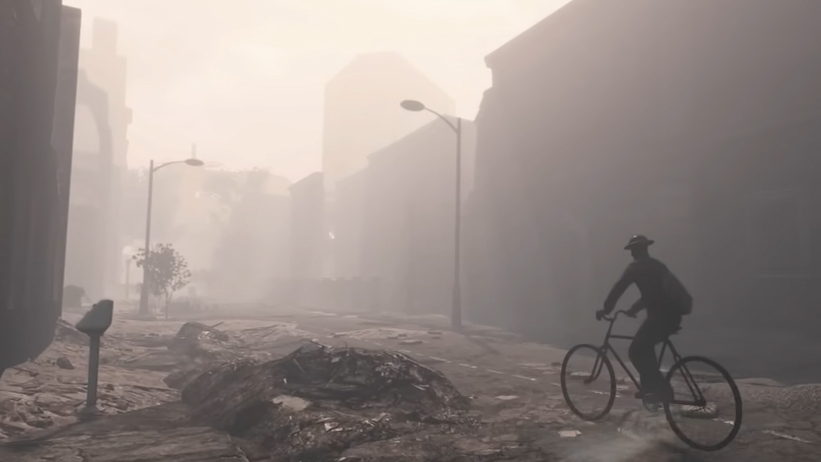
So the team is stressed, burdened by expectations, and approaching deadline, but I'm not sure they'd have it any other way.
"I'm gonna continue working up until release," says Quick, soberly, "I'm just gonna keep going and just not pay attention to anything."
"We've all gone mad," says Albon, "there's two career paths that I've essentially shut down or turned away [because of FOLON]... I'd be earning way more than what I'm earning now… I don't care for that. I really wanted to get this project done, because I love it."

One of Josh's first memories is of playing Quake 2 on the family computer when he was much too young to be doing that, and he's been irreparably game-brained ever since. His writing has been featured in Vice, Fanbyte, and the Financial Times. He'll play pretty much anything, and has written far too much on everything from visual novels to Assassin's Creed. His most profound loves are for CRPGs, immersive sims, and any game whose ambition outstrips its budget. He thinks you're all far too mean about Deus Ex: Invisible War.

